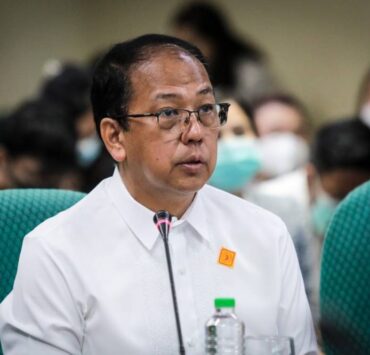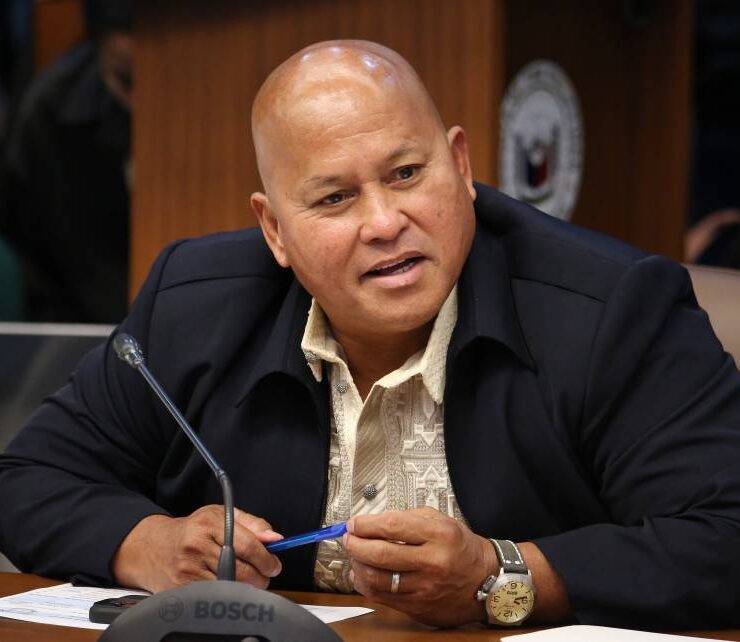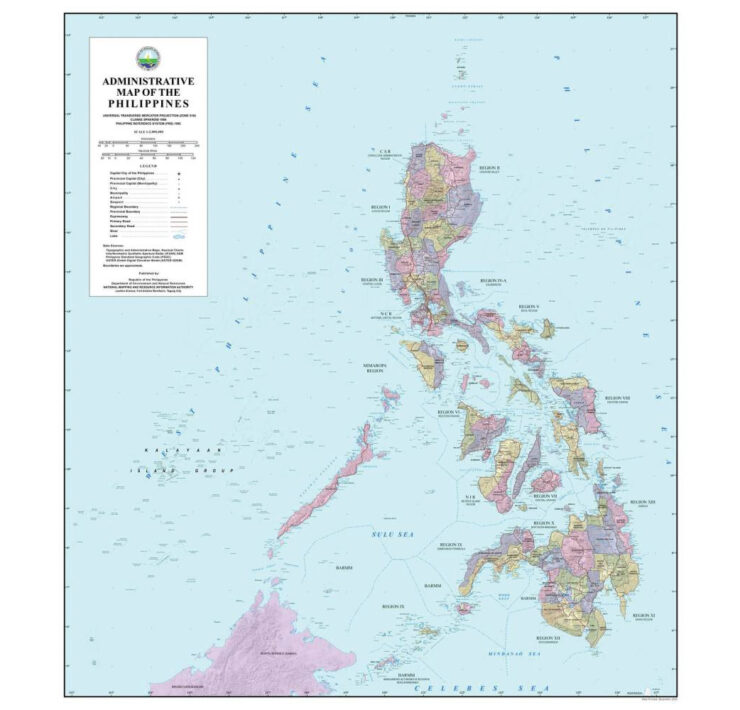BCDA reviews pledge to transfer parts of John Hay to Baguio
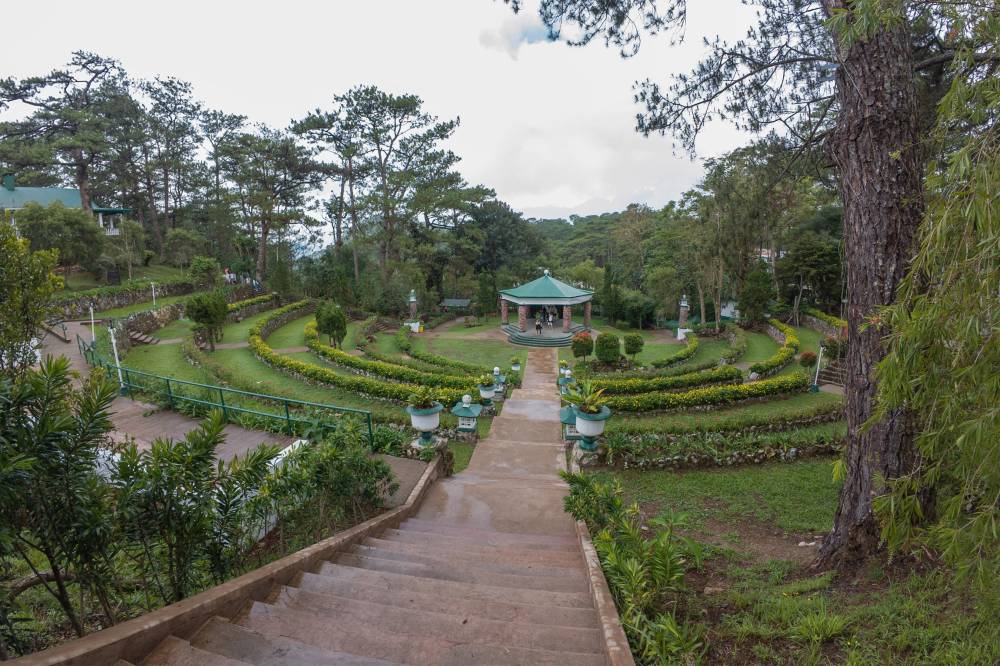
BAGUIO CITY—The Bases Conversion and Development Authority (BCDA) is reviewing a commitment it made in 1994 to release the developed portions of Camp John Hay to the Baguio local government once its developer’s lease has been terminated, Mayor Benjamin Magalong said this week.
Magalong said this came up last week at two separate meetings with BCDA president Joshua Bingcang and BCDA chair Hilario Paredes, where the mayor discussed the 19 conditions stipulated by the local government unit before it endorsed the John Hay Master Development Plan that opened the former American rest and recreation base in Baguio to commercialization in 1996.
The conditions were enumerated in Baguio City Resolution No. 362 series of 1994 entitled “Setting the conditionalities in the formulation by the Bases Conversion and Development Authority of the master plan for Club John Hay (the initial name given to the former John Hay Air Station).” In 1996, a consortium was granted a 25-year lease that is renewable for another 25 years to turn almost half (about 247 hectares) of the 625-ha Camp John Hay reservation into a tourist destination.
Late this year, the Supreme Court resolved with finality that an arbiter’s decision to void the 1996 lease agreement between BCDA and its developer, Camp John Hay Development Corp. (CJHDevco), must now take effect to end a contractual dispute that has affected this leisure estate for 11 years.
Condition No. 16 is now a chief concern because it requires BCDA to “transfer ownership of the land and its built-up and improved structures within the [John Hay Special Economic Zone or JHSEZ] to the Baguio City government upon the expiration of the land lease agreement between BCDA and its designated developer,” Magalong said.
The mayor said both BCDA officials indicated “they were not familiar” with Condition 16 and promised to study its repercussions.
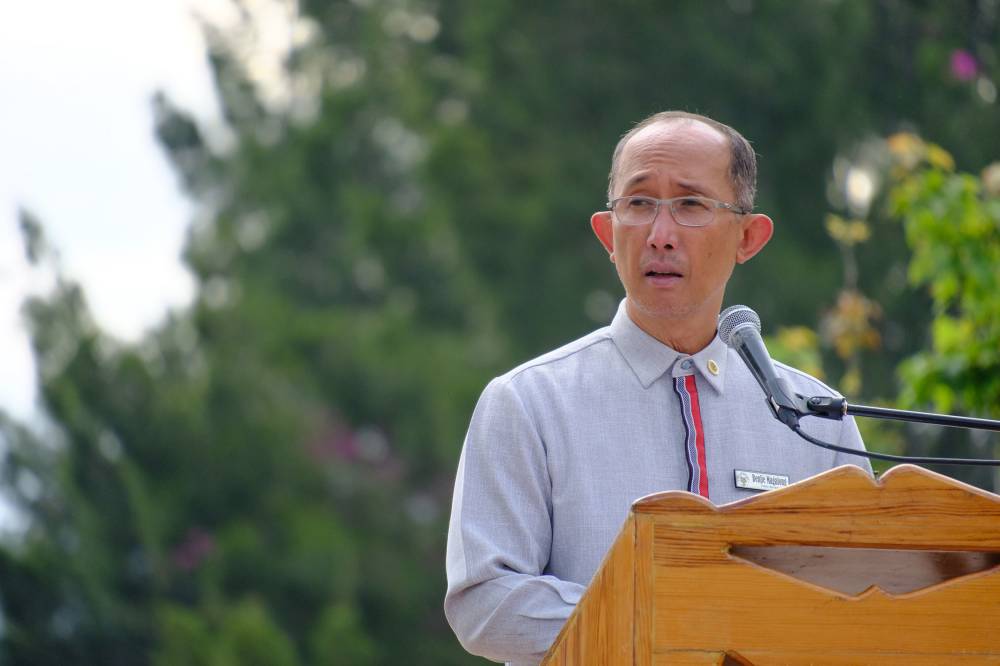
Outdated
“I told them, ‘With all due respect to you, the ball is now in your court.’ I will invoke that they adhere strictly to the provisions of the 19 conditionalities,” Magalong told reporters here on Monday, adding that “Baguio City would be able to develop [Camp John Hay] and generate revenues for the city.”
Resolution No. 362 had been cited among pertinent laws in the 2007 operations manual of the John Hay Management Corp.
But some BCDA officials have recently downplayed the relevance of the 19 conditions, asserting in numerous meetings with the city council that some conditions have since been fulfilled or have become outdated.
The resolution also tackled, among other things, the separation of 14 Camp John Hay barangays, the recognition of indigenous peoples rights, a guarantee that BCDA and the developer would not deplete the Baguio aquifer, and prescribed the rental shares and business taxes to which the city was entitled.
The Supreme Court, in a Feb. 22, 2023 decision, said the Baguio government could regulate businesses operating inside Camp John Hay’s leased area (which also serves as the JHSEZ) and to collect business fees from enterprises that are registered with BCDA but not the Philippine Economic Zone Authority. The decision penned by Senior Associate Justice Marvic Leonen refers to the 19 conditions.
During a briefing on Dec. 17, Bingcang said his agency needed to study how Resolution No. 362 applies to a new master development plan that is being drawn up for future projects.
Magalong said he was told that BCDA needs to put up a comprehensive Camp John Hay master plan and has invited urban planners to help draft it.
Concluding that “mutual breaches” were committed by both BCDA and CJHDevco, the arbitral tribunal formed by the Philippine Dispute Resolution Center returned the contractual condition of both parties to a point when the lease agreement had not transpired.
Violations
The final arbitral judgment said it had rescinded the 1996 Lease Agreement, as well as the subsequent Memorandums of Agreement and the Restructuring Memorandum of Agreement of 2008, “as far as practicable to their original position prior to the execution of the original lease agreement.”
It requires CJHDevco to “vacate the leased premises and promptly deliver the leased property, inclusive of all new constructions and permanent improvements introduced during the term of the lease as reckoned from the execution of the original lease agreement, to respondent (BCDA) in good and tenantable condition in all respects, reasonable wear and tear excepted.”
The arbiter directed BCDA “to return to claimant (CJHDevco) the total amount of rentals [it] has paid in the total amount of P1,421,096,052.” It also declared that CJHDevco was “not liable for any unpaid back rent consistent with the ruling that rescission and mutual restitution is proper in this case.”
One of BCDA’s obligations to Baguio was a 25-percent share from CJHDevco rentals, which was stopped in 2012 owing to the legal spat that arose after both parties began to restructure the lease.















